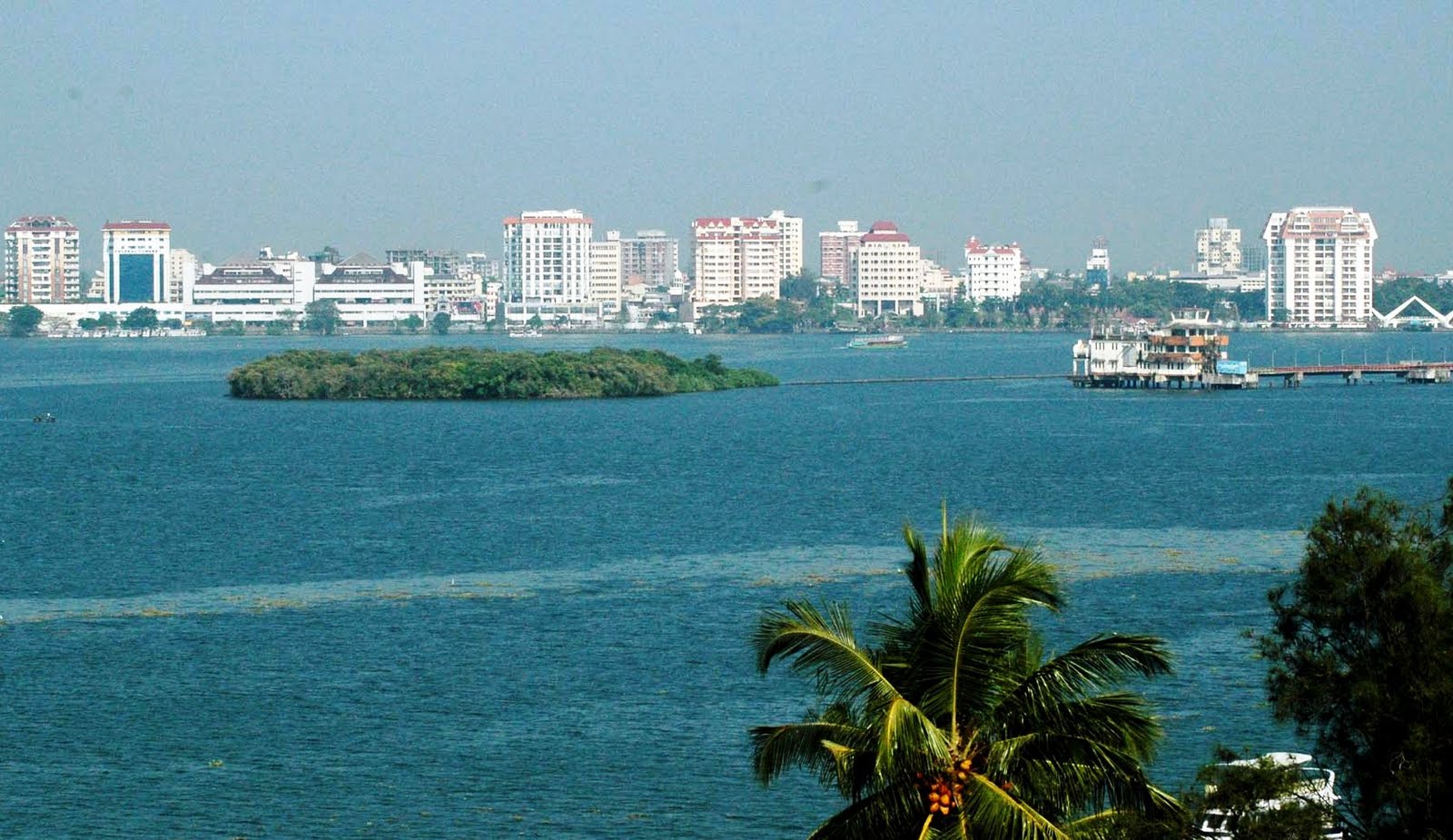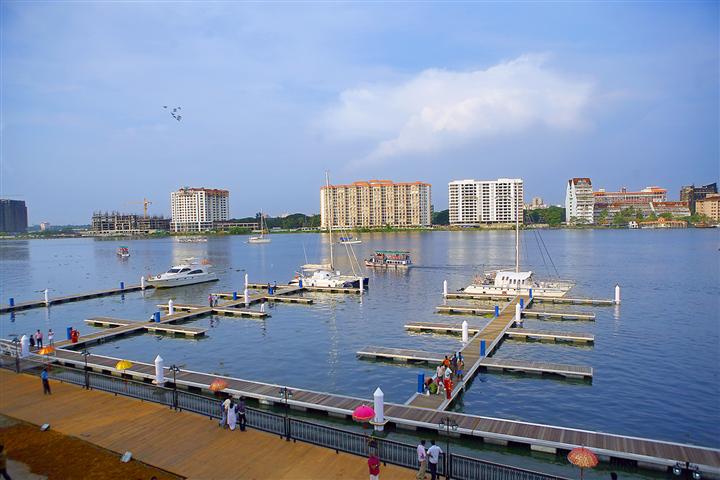About Kochi
Kochi, formerly Cochin (the official name until 1996), city and major port on the Malabar Coast of the Arabian Sea, west-central Kerala state, southwestern India. Also the name of a former princely state, “Kochi” is sometimes used to refer to a cluster of islands and towns, including Ernakulam, Mattancheri, Fort Cochin, Willingdon Island, Vypin Island, and Gundu Island. The urban agglomeration includes the localities of Trikkakara, Eloor, Kalamassery, and Trippunithura.

Image source: https://commons.wikimedia.org/wiki/File:Kochi-725765.jpg
Kochi was an insignificant fishing village until, in the 14th century, the backwaters of the Arabian Sea and the streams descending from the Western Ghats to the east caused the separation of the village from the mainland, turning the landlocked harbour into one of the safest ports on India’s southwestern coast. The port assumed a new strategic importance and began to experience commercial prosperity.
Called the “Queen of the Arabian Sea”, Kochi was an important spice trading centre on the west coast of India from the 14th century onward, and maintained a trade network with Arab merchants from the pre-Islamic era. In 1505, the Portuguese established trading ports in Cochin. There are still buildings like the Old Harbour House from this period, some of which have been renovated. The Kingdom of Cochin allied with the Ming Dynasty, Portuguese, and Dutch and became a princely state of the British. Kochi ranks first in the total number of international and domestic tourist arrivals in Kerala. Kochi is the first city in India to have a water metro project.
A system of inland waterways running parallel to the coast provides Kochi with cheap transportation, encouraging trade. The deepwater harbour is open year-round, even in the monsoon season, and is served by a railway that connects it with Ernakulam. An international airport, about 17 miles (28 km) northeast of central Kochi, offers flights to major Indian cities including Mumbai (Bombay), Delhi, Bengaluru (Bangalore), and Chennai (Madras) as well as to many international destinations.

Image source: https://commons.wikimedia.org/wiki/File:CIAL_T.jpg
Kochi, set among picturesque lagoons and backwaters, attracts a considerable tourist trade. At Fort Cochin is St. Francis Church, built by the Portuguese in 1510 and reputedly the first European church on Indian soil. It was for a time the burial place of Vasco da Gama before his remains were taken to Portugal. Other churches as well as Hindu temples, mosques, and the historic synagogue at Mattancheri all stand in the area. The Jewish community in Kochi was the oldest in India, claiming to date from the 4th century ce. Almost all of its several thousand members had emigrated to Israel by the late 20th century, however.

Kochi International Marina, India’s first world-class marina, built in 2010 at the Bolgatty Island in Kochi, Kerala.
Image source: https://commons.wikimedia.org/wiki/File:Kochi_International_Marina,_Bolgatty_Island,_Kerala,_India.jpg
Kochi is known as the financial, commercial and industrial capital of Kerala. It has the highest GDP as well as the highest GDP per capita in the state. Kochi is home for the High Court of Kerala and Lakshadweep.
Kochi has been hosting India’s first art biennale, the Kochi-Muziris Biennale, since 2012, which attracts international artists and tourists.
Lesbian, gay, bisexual and transgender (LGBT) people in Kerala face legal and social difficulties not experienced by non-LGBT persons. However, Kerala has been at the forefront of LGBT issues in India after Tamil Nadu. It became one of the first states in India to establish a welfare policy for the transgender community and in 2016, proposed implementing free gender affirmation surgery through government hospitals. However, there is rising homophobic sentiment in the state recently due to various anti-LGBT campaigns.